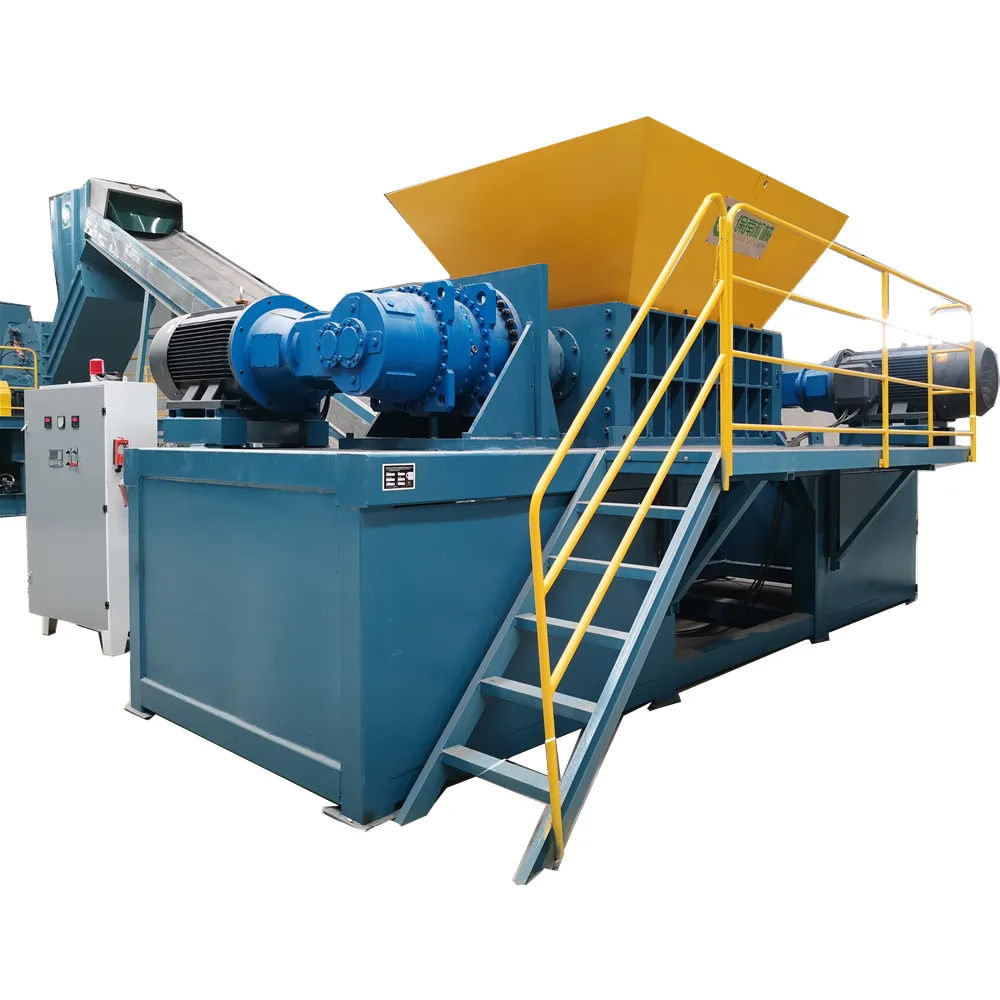

9月 . 24, 2024 16:42 Back to list
The Importance of Aluminum Can Recycling Plants
Aluminum can recycling is a crucial component of environmental sustainability, and recycling plants play an essential role in this process. These facilities not only conserve natural resources but also save energy and reduce greenhouse gas emissions. With the rising demand for aluminum products, establishing efficient recycling operations has become more important than ever.
Aluminum is one of the most recyclable materials on the planet. In fact, it can be recycled indefinitely without losing its quality. The process begins when consumers dispose of their aluminum cans, often seen as a minor act. However, when these cans reach recycling plants, their individual contributions accumulate to create a significant positive impact. Recycling just one aluminum can saves enough energy to power a television for three hours. Therefore, the collective efforts of individuals can lead to substantial energy savings when disposed of correctly.
Recycling plants operate using advanced technology to ensure maximum efficiency. The process begins with the collection of aluminum cans, which are then transported to the facility. At the plant, the cans are sorted to remove contaminants such as plastic, glass, and other materials. After sorting, the aluminum cans are crushed and compacted into bales to streamline transportation and processing. This is an essential step, as it allows for easier handling and leads to lower energy consumption in subsequent processing stages.

Once the aluminum is properly sorted and baled, it undergoes melting in large furnaces. The melting temperature of aluminum is around 660 degrees Celsius (1220 degrees Fahrenheit), which is significantly lower than the temperature required to produce new aluminum from raw materials. This difference in energy requirement exemplifies the environmental benefits of recycling. After melting, the aluminum is poured into molds and cooled, creating large blocks known as ingots. These ingots can then be shipped to manufacturers to create new aluminum products, thus completing the recycling loop.
The economic impact of aluminum can recycling plants is also noteworthy. They create jobs in various sectors, including collection, transportation, and processing. In addition, recycled aluminum requires only 5% of the energy needed to create new aluminum from ores, resulting in substantial cost savings. This energy efficiency leads to reduced production costs for companies, making recycled aluminum an attractive option for manufacturers.
Furthermore, the rise of aluminum recycling plants has helped raise awareness about environmental issues. These facilities often engage in community outreach programs to educate the public about the importance of recycling, thus encouraging responsible behavior. By promoting recycling initiatives, these plants contribute not only to conservation efforts but also to a culture of sustainability.
In conclusion, aluminum can recycling plants play a vital role in fostering a sustainable future. They conserve energy, reduce greenhouse gas emissions, and create economic opportunities while promoting environmentally responsible practices. By understanding and supporting these facilities, we can all contribute to a healthier planet. The next time you dispose of an aluminum can, remember that you are participating in a larger movement towards sustainability, making a difference one can at a time.
Latest news
The Future of Metal Recycling: Revolutionizing Waste Management
NewsMay.14,2025
Optimizing Waste with Recycling Lines
NewsMay.14,2025
Municipal Solid Waste Sorting Line: Revolutionizing Waste Management
NewsMay.14,2025
Metal Shredders: Essential Tools for Efficient Recycling
NewsMay.14,2025
Maximize Your Profits with a Copper Wire Granulator
NewsMay.14,2025
Home Metal Shredder: A Smart Choice for Your Home Recycling Needs
NewsMay.14,2025